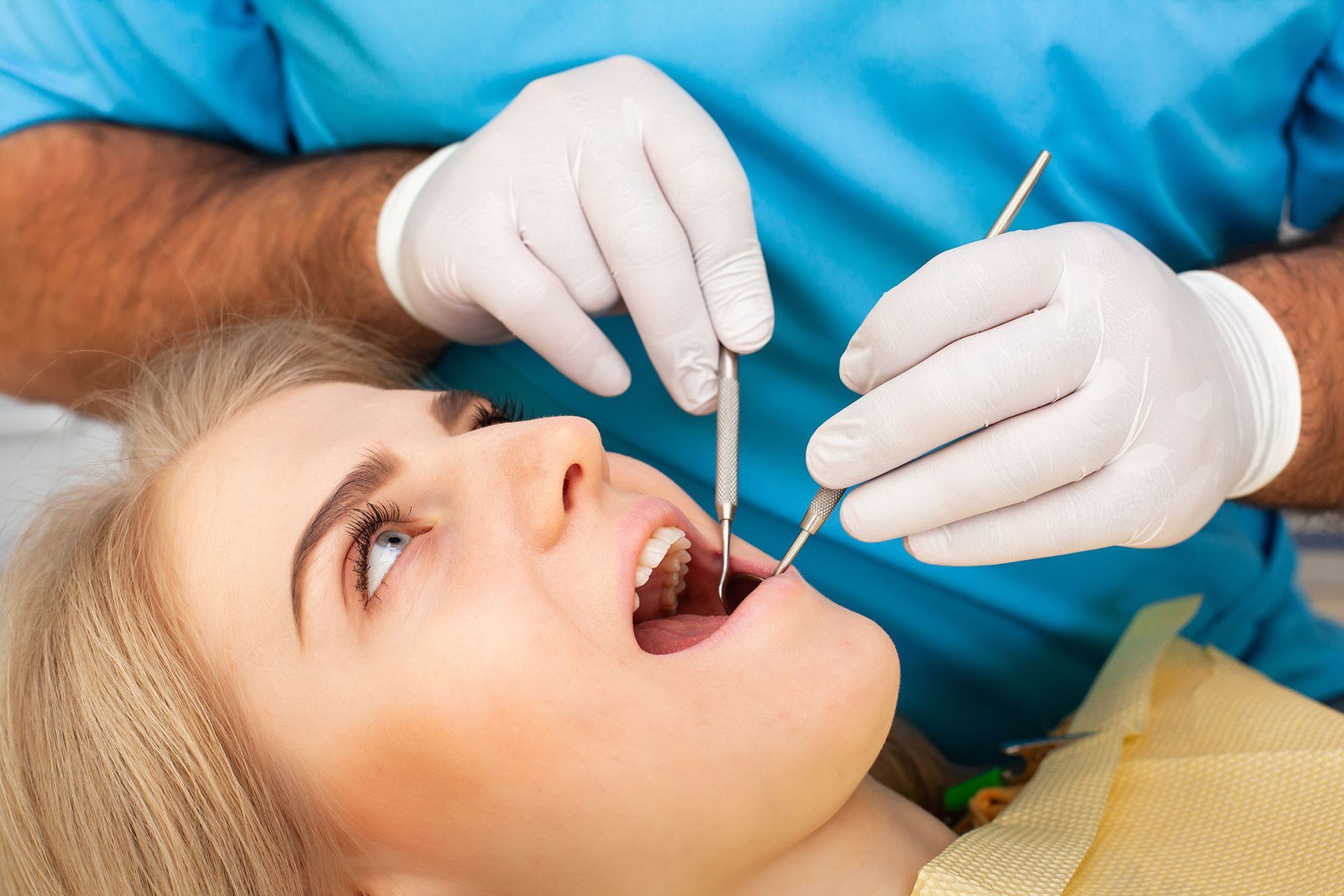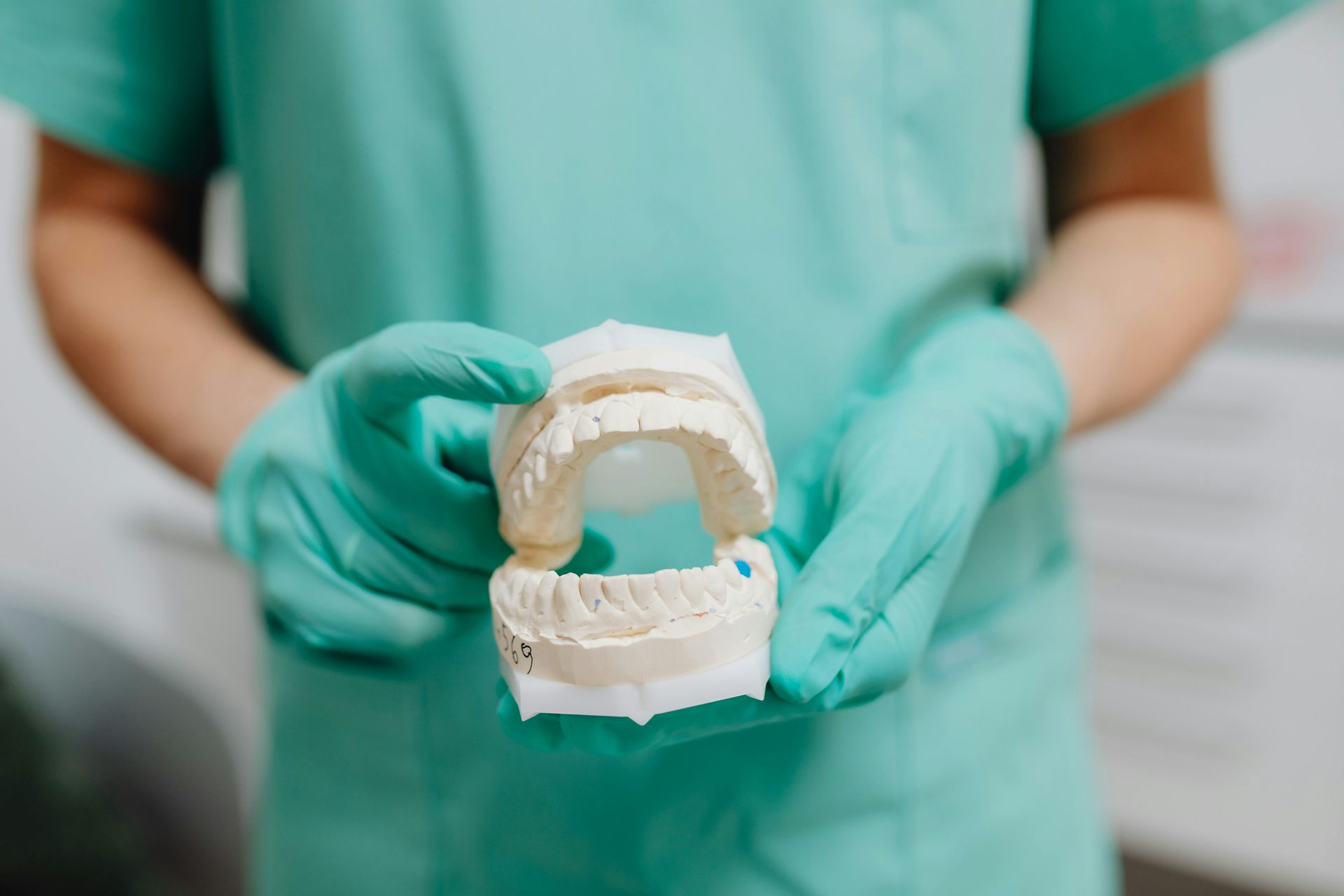The Connection Between Oral Health and Overall Health: What You Need to Know
Oral health plays a significant role in your overall well-being. While many people think of dental care as only affecting their teeth and gums, the truth is that poor oral hygiene can have far-reaching effects on your entire body. Conditions such as heart disease, diabetes, and even respiratory illnesses have been linked to oral health problems. In this article, we’ll explore the vital connection between oral health and overall health and provide tips to help you prioritize your dental care.
How Oral Health Impacts Overall Health
The mouth is a gateway to the rest of the body, and its condition can serve as a reflection of your general health. Harmful bacteria that accumulate in the mouth can spread through the bloodstream, contributing to various systemic health issues.
Heart Disease and Oral Health
Research has shown a strong connection between oral health and heart disease. Individuals with gum disease (periodontitis) are at a higher risk of developing cardiovascular conditions. Here's why:
- Inflammation: Chronic inflammation from gum disease can contribute to the buildup of arterial plaque, increasing the risk of heart attacks and strokes.
- Bacteria in the Bloodstream: Oral infections can allow bacteria to enter the bloodstream, potentially causing inflammation of the heart's inner lining (endocarditis).
Maintaining healthy gums can reduce your risk of heart disease and other cardiovascular problems.
Diabetes and Oral Health
Diabetes and oral health have a two-way relationship. People with diabetes are more susceptible to gum disease, and uncontrolled gum infections can make it more difficult to manage blood sugar levels.
- Increased Risk of Gum Disease: High blood sugar levels can impair the body’s ability to fight infections, making diabetics more prone to periodontitis.
- Impact on Blood Sugar Control: Infections in the mouth can lead to inflammation throughout the body, making it harder to regulate blood sugar levels.
If you have diabetes, regular dental checkups and excellent oral hygiene are essential for managing both your oral and overall health.
Respiratory Health and Oral Health
Oral bacteria can also affect your respiratory system. When harmful bacteria from the mouth are inhaled, they can contribute to lung infections, such as pneumonia. This risk is particularly concerning for elderly individuals and those with compromised immune systems.
Keeping your mouth clean can help reduce the risk of respiratory infections and improve your overall health.
The Importance of Good Oral Hygiene
Practicing good oral hygiene is the first line of defense against health complications related to poor dental care. Here are some key oral hygiene tips to maintain both your dental and overall health:
- Brush Twice a Day: Use fluoride toothpaste and brush for at least two minutes to remove plaque and bacteria.
- Floss Daily: Flossing helps remove food particles and plaque between teeth, where a toothbrush can’t reach.
- Use Mouthwash: Antibacterial mouthwash can reduce bacteria in your mouth and help prevent gum disease.
- Stay Hydrated: Drinking water helps wash away food particles and bacteria, promoting saliva production that naturally protects your teeth.
- Eat a Balanced Diet: Limit sugary foods and drinks, which can contribute to tooth decay. Focus on nutrient-rich foods that support oral and overall health.
- Visit Your Dentist Regularly: Routine dental checkups and cleanings help detect and treat issues early, preventing more serious problems.
Gum Disease: A Hidden Threat to Your Health
Gum disease is a common but often overlooked condition that can have serious consequences for your overall health. It starts with gingivitis, a mild form of gum inflammation, and can progress to periodontitis if left untreated.
Symptoms of Gum Disease
- Red, swollen, or bleeding gums
- Persistent bad breath
- Receding gums
- Loose teeth
If you notice any of these symptoms, schedule an appointment with your dentist. Early intervention can prevent the progression of gum disease and protect your overall health.
Health Risks Associated with Gum Disease
- Cardiovascular Disease: As mentioned earlier, chronic gum inflammation can contribute to heart attacks and strokes.
- Diabetes Complications: Gum infections can worsen blood sugar control, increasing the risk of diabetes-related complications.
- Pregnancy Complications: Pregnant women with gum disease are at a higher risk of preterm birth and low birth weight.
By prioritizing your gum health, you can reduce the risk of these serious health conditions.
Oral Health and Mental Well-Being
Good oral health doesn’t just impact your physical well-being—it can also affect your mental health and confidence. Dental problems such as missing teeth, bad breath, and gum disease can lead to self-consciousness and social anxiety. Additionally, chronic pain from dental issues can contribute to depression and reduced quality of life.
Investing in your oral health can boost your confidence, improve your social interactions, and enhance your overall mental well-being.
Tips for Maintaining a Healthy Smile
Here are additional steps you can take to prioritize your oral health:
- Quit Smoking: Smoking is a major risk factor for gum disease, tooth loss, and oral cancer. Quitting can significantly improve your oral and overall health.
- Limit Alcohol Consumption: Excessive alcohol use can increase the risk of oral cancers and dry mouth.
- Protect Your Teeth: Wear a mouthguard during sports activities to prevent dental injuries.
- Address Dental Issues Promptly: Don’t ignore tooth pain, sensitivity, or other signs of dental problems. Early treatment can prevent more serious complications.
Why Regular Dental Checkups Are Essential
Many oral health problems develop silently, without obvious symptoms. Regular dental checkups allow your dentist to:
- Detect early signs of cavities, gum disease, and oral cancer
- Provide professional cleanings to remove plaque and tartar
- Offer personalized advice on improving your oral hygiene routine
By scheduling regular checkups, you can stay ahead of potential problems and maintain optimal oral health.
Why Choose Tri-State Oral Surgery for Your Oral Health Needs
At Tri-State Oral Surgery, we are committed to helping patients in Evansville, IN, and Owensboro, KY, achieve and maintain excellent oral health. Our experienced team provides comprehensive care, from preventive services to advanced oral surgery procedures.
We understand that your oral health is closely connected to your overall well-being, which is why we emphasize patient education and personalized care plans. Whether you’re seeking routine dental care or specialized treatment, our team is here to support your journey to better health.
Frequently Asked Questions About Oral Health and Overall Health
1. How often should I visit the dentist?
Most people should see their dentist every six months for a checkup and cleaning. However, your dentist may recommend more frequent visits if you have specific health concerns.
2. Can poor oral health really affect my heart?
Yes, studies have shown that chronic gum disease can increase the risk of heart disease and other cardiovascular problems.
3. What are the best ways to prevent gum disease?
Good oral hygiene practices—including regular brushing, flossing, and dental checkups—are key to preventing gum disease.
4. Is there a link between oral health and diabetes?
Yes, people with diabetes are more susceptible to gum disease, and untreated gum infections can make it harder to control blood sugar levels.
5. How can I improve my oral health at home?
Follow a consistent oral hygiene routine, eat a balanced diet, and avoid habits like smoking and excessive sugar consumption.
Conclusion
Your oral health is deeply connected to your overall health. By maintaining good oral hygiene and seeking regular dental care, you can reduce the risk of serious health complications and enjoy a healthier life. If you’re in the Evansville, IN, or Owensboro, KY area, contact Tri-State Oral Surgery to schedule an appointment and take the first step toward better oral and overall health.






